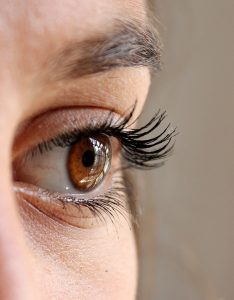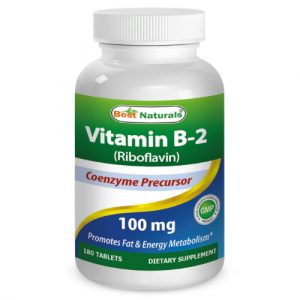While cataracts are often related to aging, they are the leading cause of blindness in the world today. A cataract affects vision by clouding the victim’s natural eye lens that lies behind the pupil and the iris. As a matter of fact, cataracts develop naturally as people age. They are a result of several dead cells from the natural lens being densely packed at the center of the lens, resulting in the cloudy vision. Riboflavin may help with cataracts.
However, apart from the natural formation, research has identified other causes of cataracts including:
- Smoking
- Ultraviolet radiation
- Diabetes
- High myopia
- Prolonged usage of some medications like corticosteroids
- Obesity
- Chronic alcoholism
The Types of Cataracts
I. Subcapsular Cataract
This cataract often occurs at the back of the lens. Individuals on high-dosage prescriptions of steroid medications and those with diabetes are at a greater risk of suffering this type.
II. Nuclear cataracts
This one usually forms in the nucleus of the lens and is the kind that often affects aging people.
III. Cortical cataracts.
This cataract occurs mainly in the lens cortex, the part surrounding the central nucleus of the lens.
Some of signs and symptoms of cataracts.
As it starts, you may have a slightly blurred vision like, say, looking through some cloudy glass. Light from a lamp, headlights or sun seeming too bright. Colors seem faded. Double vision. Poor night vision.
It is important to know that all these signs and symptoms can also indicate other eye problems. So it is necessary to see an eye care professional if you notice any of the symptoms.
Can Riboflavin help prevent cataracts?

Again, in another double-blind placebo-controlled study, it was realized that supplementing individuals with riboflavin and niacin resulted in fewer cataracts than among people who only relied on other types of vitamins and nutrients.
The bottom line here is, this supplement can help fight cataracts by contributing to keeping the essential antioxidant, glutathione in the eye.
Related Products


Leave a Reply